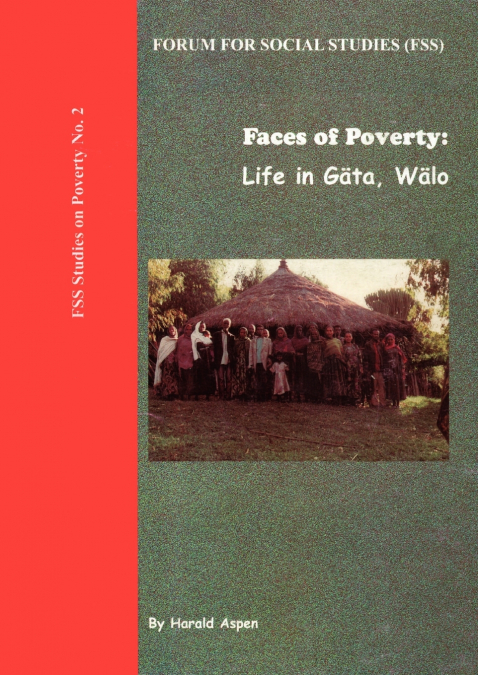
 Librería Perelló (Valencia)
Librería Perelló (Valencia)
 Librería Aciertas (Toledo)
Librería Aciertas (Toledo)
 El AlmaZen del Alquimista (Sevilla)
El AlmaZen del Alquimista (Sevilla)
 Librería Elías (Asturias)
Librería Elías (Asturias)
 Librería Kolima (Madrid)
Librería Kolima (Madrid)
 Donde los libros
Donde los libros
 Librería Proteo (Málaga)
Librería Proteo (Málaga)
This paper tells the story of four families in Gäta in South Wälo, a Muslim community in rural Ethiopia with a long history. It depicts their lives during a recent period of drought and famine, where the effects of the killer famine of 1984 are still felt. The story provides a rare glimpse of the human suffering behind the grim statistics of poverty and famine in the country. The stories tell of their trading activities and links with the district town, providing insights into the relationships, tensions, and bonds of reciprocity between urban and rural communities.